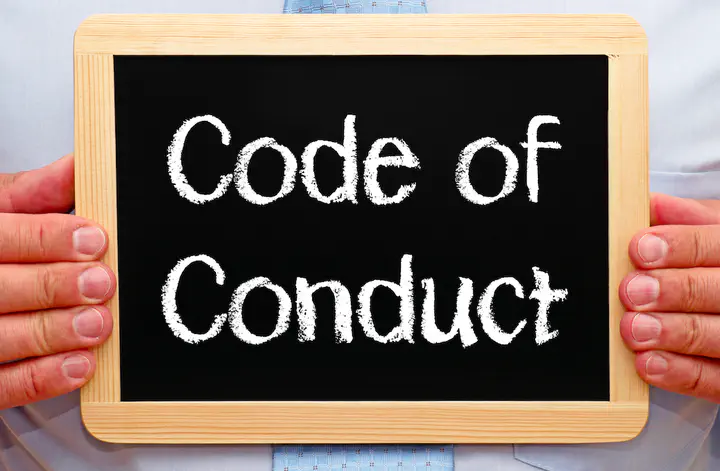Code of Conduct

The steering committee of ACM REP ‘23 believes in respect, compassion, understanding and inclusion and we expect all community members to act in accordance with these values. Fostering the free exchange of ideas requires building a conference that welcomes people of all backgrounds. Diversity of opinion and background is a fundamental strength of our community. The members of our community must have the freedom to espouse and explore a wide range of ideas. Toward that goal, ACM REP ‘23 aims to create spaces where every participant can express themselves without fear of judgment or harassment.
The ACM REP Code of Conduct guides the expected, professional behavior of conference participants, including:
- Treating everyone with respect and consideration; under the umbrella of respect, we expect all participants to be mindful of their speech and behaviors both in person and online.
- Communicating openly and thoughtfully with others and being considerate of the multitude of views and opinions that may be different than your own.
- Being respectful and mindful in your critique of ideas.
- Being mindful of your fellow participants, including (but not limited to):
- Respecting participants wishes to not be photographed;
- Respecting participant gender pronouns; and
- Respecting the space of others and their right to engage or not engage in conversation.
We believe differences of opinion are a natural part of social and academic life and are important to work through when building community and learning from one another. At the same time, we acknowledge that societal power structures are even more challenging in academia, which is an inherently hierarchical community. In order to foster an environment of inclusion, we do not tolerate harassment, discrimination, or abuse in any form. Participants who engage in harassment may be removed from the conference at the discretion of the organizers.
Unacceptable behaviors include, but are not limited to:
- intimidating, harassing, abusive, discriminatory, derogatory or demeaning speech or actions by any participant in ACM-REP activities, at all related events and in one-on-one communications carried out in the context of conference activities;
- offensive, degrading, humiliating, harmful, or prejudicial verbal or written comments or visual images related to gender, sexual orientation, race, religion, disability, age, appearance, or other personal characteristics;
- unwelcome sexual advances, requests for sexual favors, or other verbal/physical conduct of a sexual nature;
- inappropriate or gratuitous use of nudity, sexual images, or stereotyped images including using an activity-related communication channel to display or distribute sexually explicit or otherwise offensive or discriminatory images or messages;
- deliberate intimidation, stalking or following;
- harassing photography or recording;
- sustained disruption of talks or other events;
- unwelcome and uninvited attention or contact;
- physical assault (including unwelcome touch or groping);
- real or implied threat of physical harm;
- real or implied threat of professional or financial damage or harm.
Harassment can occur when there is no deliberate intention to offend. Be careful in the words that you choose. Harassment committed in a joking manner or disguised as a compliment still constitutes unacceptable behavior. Remember that sexist, racist, and other exclusionary jokes can be offensive to those around you.
Consequences of Unacceptable Behavior
If an ACM-REP participant engages in prohibited behavior, the conference committee reserves the right to take any action the committee deems appropriate, including removing the participant from the conference.
How to Report Unacceptable Behavior
In the event of unacceptable behavior, participants may wish to inform a person in authority. During ACM REP, participants should reach out to one of the General or Program Chairs (see list below). These individuals can provide information about the process for handling complaints or handling immediate onsite needs.
General Chairs: Carlos Maltzahn & Philippe Bonnet
Program Chairs: Tanu Malik & Jay Lofstead
This code of content was adapted from the Policy Against Harassment at ACM Activities and the ACM CSCW 2019 conference code of conduct.